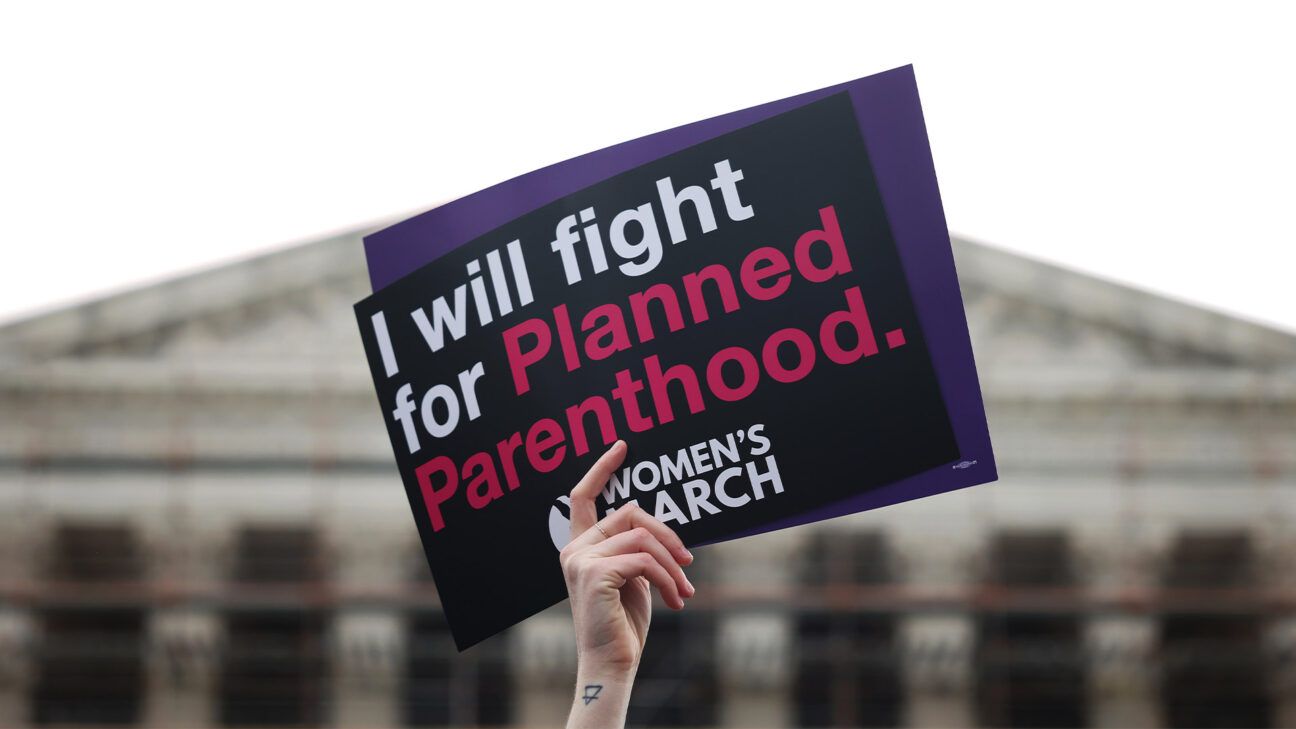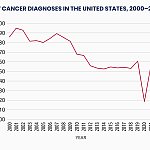
The U.S. Supreme Court is deliberating over whether states have the right to deny Medicaid reimbursement funding to Planned Parenthood.
The high court heard legal arguments on April 2 in a case stemming from South Carolina, where state leaders have decreed that Planned Parenthood should not receive Medicaid funding for any of its array of health services because abortions are performed at its clinics.
The justices are expected to announce their decision in the case as early as June. For now, the court appears divided over the issue, according to the Associated Press.
The question before the court is a technical one. It centers on whether a Medicaid recipient can sue over the right to choose their own healthcare provider.
However, experts say a ruling in favor of South Carolina would limit the healthcare choices of people on Medicaid. Many of those patients say it can be difficult to find a healthcare professional outside of Planned Parenthood that accepts Medicaid.
“The Supreme Court is about to decide whether or not people who use Medicaid can fight against politically-driven, illegally-driven policies that want to take away access to their right to use government-based insurance to decide which provider they want to have,” said Alexis McGill Johnson, president and chief executive officer of the Planned Parenthood Federation of America, on Crooked Media’s “What a Day” podcast in a statement.
The court hearing came just days after the Trump administration announced it is withholding tens of millions of dollars in Title X funding from Planned Parenthood as it looks into whether the organization is violating federal civil rights laws and President Donald Trump’s executive orders.
Experts said the court ruling and the Title X decision could have far-reaching consequences.
“The impacts could be significant,” Therea Cheng, MD, an assistant clinical professor of emergency medicine at the University of California San Francisco, told Healthline. “Planned Parenthood is a lifeline to basic reproductive health for many low-income people.”
“Continuing to defund the work of women’s health supporters like Planned Parenthood is dangerous and leaves millions of people without resources,” Cynthia Plotch, co-founder of the women’s health products company Winx Health, told Healthline. “Now more than ever, it’s critical we continue fighting for education, resources, and solutions.”
Since 1977, the Hyde Amendment approved by Congress has prohibited the use of federal funds to pay for abortion services, with only a few exceptions.
According to Planned Parenthood’s most recent annual report, there were 392,000 abortions performed at the organization’s nearly 600 health centers in 2023.
That was out of more than 9 million overall health services provided to 2 million people. Among the services were more than 4 million tests and treatments for sexually transmitted infections (STIs), and more than 2 million services involving birth control. There were also more than 400,000 pap smears and breast exams.
In addition, more than 1 million people used Planned Parenthood as a resource for education, programming, outreach, and training.
About 34% of Planned Parenthood’s revenues, nearly $700 million, comes from funding such as Medicaid, government grants, and contracts.
Experts say denying Medicaid funding to Planned Parenthood reduces all the health services the organization offers and limits the options for the lower-income households the federal program covers.
“This is creating a possible restriction of access for many patients for services that have nothing to do with abortion,” Lisa Valle, DO, OB-GYN and medical director of Oasis Women’s Sexual Function Center in Santa Monica, CA, told Healthline.
“People turn to Planned Parenthood… not only for reproductive care but also for lifesaving cancer screenings,” added Plotch.
“Defunding access will hurt our communities, leaving many without options. The reality is stark: when women don’t know their options, they can’t access them. We’ve seen firsthand what happens when women’s health is relegated to whispers behind closed doors.”
Title X has provided funding for family planning programs for more than 50 years.
Among the services it funds are birth control, pregnancy testing, assistance for becoming pregnant, and infertility services.
The Trump administration has temporarily frozen $27 million in Title X funds to Planned Parenthood due to “possible violations” of executive orders that prohibited promotions based on diversity, equity, and inclusion as well as “taxpayer subsidization of open borders.”
The Department of Health and Human Services (HHS) has given Planned Parenthood 10 days to respond to the allegations.
Experts say this reduction in funding could have a wide range of impacts.
“It’s endangering the health and welfare of families across the country,” said Cheng. “It’s creating chaos for providers and patients.”
“Planned Parenthood is the only source of healthcare for patients who can’t get healthcare elsewhere,” noted Valle.
“Title X funding supports critical healthcare services, like cervical and breast cancer screenings, STI testing and treatment, and HIV services. Clinics that rely on these funds may have to cut back on preventive care, potentially leading to higher rates of undiagnosed conditions,” said Plotch.
“Simply put, the reduction of Title X funding poses a serious threat to reproductive health care access, particularly for low-income women, rural communities, and marginalized groups,” she added. “This will lead to worse health outcomes, increased unintended pregnancies, and greater health disparities across the country. We deserve better.”





